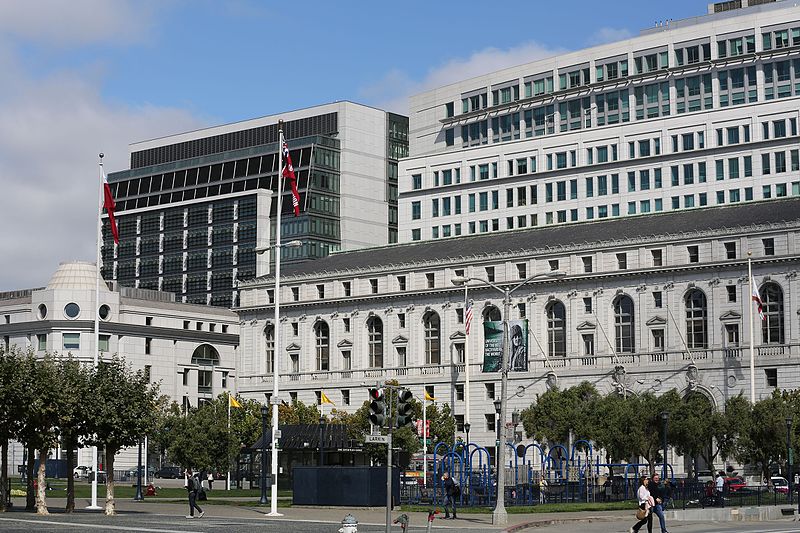California Supreme Court Upholds the State's Problematic Arrestee DNA Collection Law
By Jennifer Lynch,
Electronic Frontier Foundation
| 04. 02. 2018
In a disappointing and deeply divided opinion released today, the California Supreme Court upheld a state law law mandating DNA collection from arrestees. A lower court had held this law violated the privacy and search and seizure protections guaranteed under the California constitution. Today’s decision lets this flawed law stand.
The case, People v. Buza, involved a San Francisco man who challenged his conviction for refusing to provide a DNA sample after he was arrested. California law allows police to collect DNA from anyone arrested on suspicion of a felony—without a warrant or any finding by a judge that there was sufficient cause for the arrest. The state stores arrestees’ DNA samples indefinitely, and allows DNA profiles to be searched continuously by local, state, and federal law enforcement agencies.
EFF weighed in on the case in 2015, filing an amicus brief arguing the state’s constitution prohibits the collection of DNA from arrestees because of the severe impact DNA collection has on our right to privacy. Our DNA contains our entire genetic makeup—private and personal information that maps who we are, where we...
Related Articles
By Vittoria Vardanega, SWI swissinfo.ch | 02.13.2026
In recent years, sperm donation has produced family trees of unprecedented size, stretching across countries and, in some cases, continents. Stories of “mass donors” have captured public attention, most recently through the Netflix documentary series, The Man with 1,000 Kids...
By Jonathan D. Moreno, Hastings Center Bioethics Forum | 02.09.2026
When I began to write a book about bioethics and the rules-based international order, the idea that the world was facing the greatest geopolitical change since World War II was uncontroversial for those who were paying attention to such esoterica...
By Zachary Brennan, Endpoints News | 02.23.2026
The FDA is spelling out the details of a new pathway to help speed personalized cell and gene therapies to market for rare diseases.
Monday’s long-awaited draft guidance outlines the agency’s “plausible mechanism” framework, a pathway FDA Commissioner Marty Makary...
By David Jensen, California Stem Cell Report | 02.10.2026
Touchy issues involving accusations that California’s $12 billion gene and stem cell research agency is pushing aside “good science” in favor of new priorities and preferences will be aired again in late March at a public meeting in Sacramento.
The...




